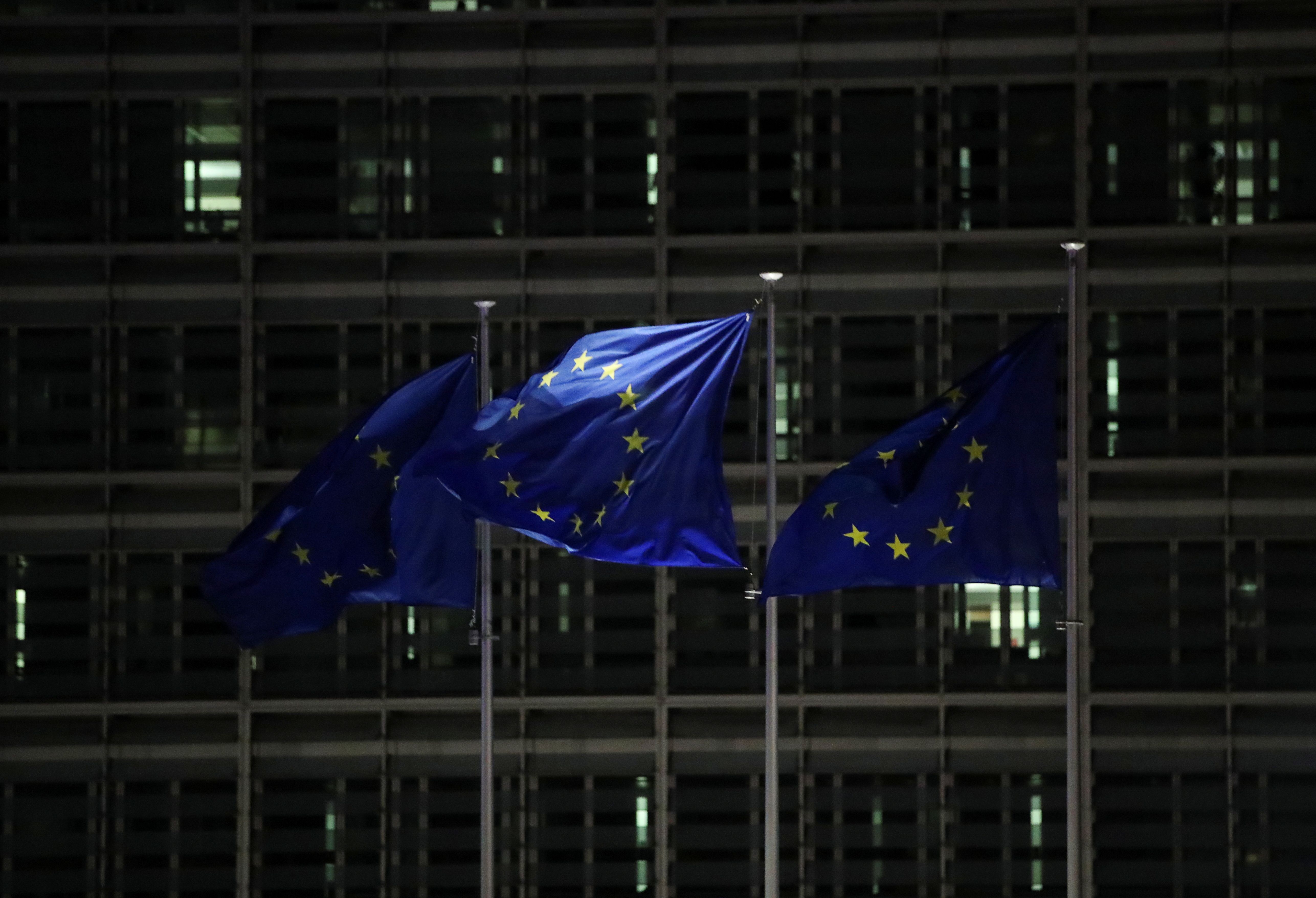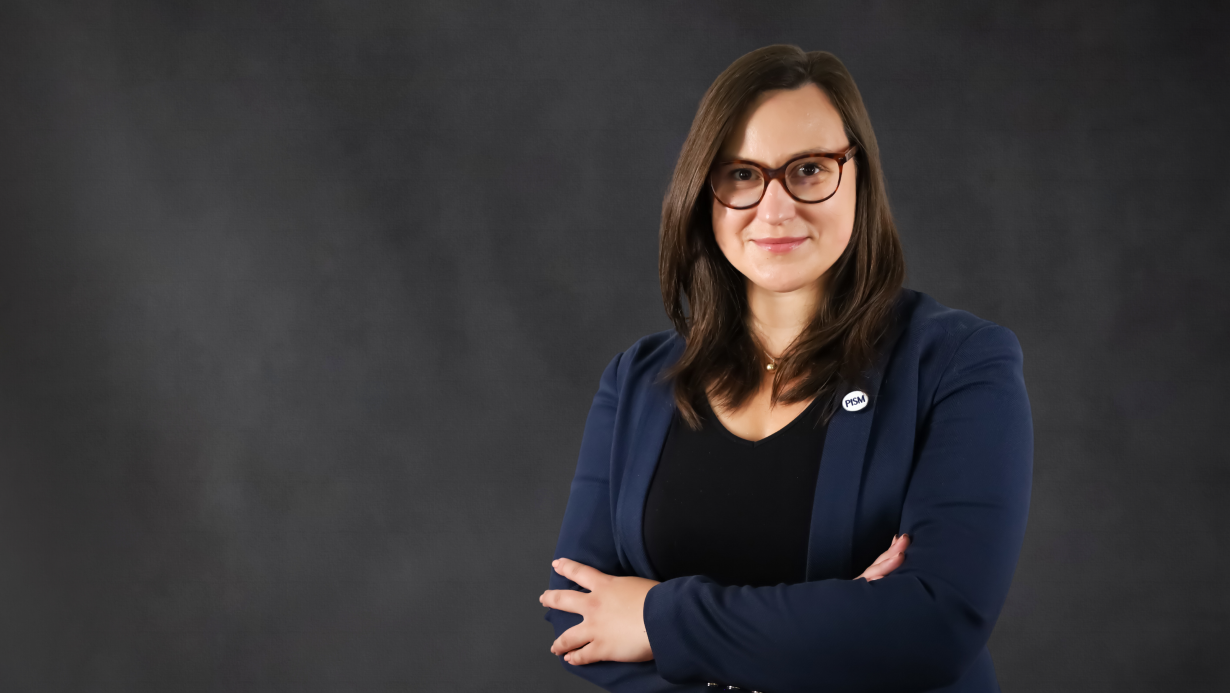The Difficult Beginnings of the European Public Prosecutor’s Office

Establishment of the EPPO
In 2013, the Commission proposed the creation of a special body to combat crimes affecting the financial interests of the Union. This was motivated by the understatement of revenues to the common budget due to cross-border fraud (the Union, and thus its Member States, lose around €50 billion a year due to VAT avoidance and fraud). Despite the support of France, Spain, and some other states, the establishment of the office was delayed by the lack of unanimity among the Member States. Although the Commission suggested linking participation in the EPPO with receiving funding from the Cohesion Fund, this idea was not put into effect and the Prosecutor’s Office was only created on 12 October 2017 through the enhanced cooperation mechanism.
According to the proposal of its chief, Laura Codruţa Kövesi (the former prosecutor general of the National Anticorruption Directorate of Romania), EPPO would start operating on 1 June. However, the date depends on a decision of the Commission on the appointment of all prosecutors delegated to participating countries.
The Role of the EPPO
The Prosecutor’s Office will conduct investigations and initiate cases before national courts involving allegations of fraud, corruption, money laundering, or cross-border VAT fraud. In this respect, the EPPO complements the jurisdiction of national prosecutors operating only within their own countries. It will also support other EU bodies dealing with the protection of the common budget: OLAF–European Anti-Fraud Office, European Court of Auditors, and Eurojust, which cannot interfere in national proceedings. The EPPO therefore combines these activities at the national and EU levels.
Ireland, Denmark, Sweden, Poland, and Hungary did not engage in setting up the EPPO. These countries suggested, among others, that EPPO may undermine their powers to fight tax fraud and the powers of their prosecutors would be violated by mixing EU and internal proceedings. Denmark and Ireland also benefit from previously negotiated restrictions on cooperation within the EU’s area of freedom, security, and justice. All of these states, however, will be able to join EPPO at a later date or cooperate with it via working arrangements (already concluded with the Hungarian Prosecutor General’s Office) and international agreements (e.g., the European Convention on Mutual Assistance in Criminal Matters). In practice, this will be indispensable as EPPO activities may also extend to their territories (e.g., in the case of cross-border crimes) and citizens (e.g., if they commit a crime against EU finances within the territory of an enhanced cooperation country).
The Hybrid Nature of the EPPO
The Office is chaired by the European Chief Prosecutor, appointed by the Council in agreement with the European Parliament. Together with Council-appointed European Prosecutors (one per participating country), they form the College of Prosecutors, which exercises authority over the actions of prosecutors and takes strategic decisions. This central level is supported by European Delegated Prosecutors (EDPs), appointed by the College and operating in participating countries. EDPs will share competences with national authorities, which in practice means a significant influence in proceedings in participating countries. The Member States will have to consider the precedence of the EPPO over national authorities in deciding whether to initiate proceedings or to prosecute. They will also have to allow the possibility of taking over a case or extending activities to other offenses if found to be inextricably linked to offences against the financial interests of the EU.
The parallel operation of the EDPs within the EU and national systems will translate into a complicated way of exercising control over them. The legality of their activities will be monitored by national courts. However, they will be instructed by the central level of the EPPO, which is exclusively under the jurisdiction of the Court of Justice of the EU. Member States will be able to supplement their limited judicial control over EPPO by influencing the activities of EDPs by deciding on financing of their activities. Although EPPO has its own budget to guarantee independence, mainly financed from EU funds, it only covers the organisational costs (e.g., communications, translations) and the EDPs’ salaries. It will be up to the Member States to finance their respective offices and procedural activities (e.g., expert opinions, investigations). As a result, the independence of the EDPs may be limited by funding of other activities identified as priorities by individual jurisdictions. There may also be a reduction in the number of EDPs’ offices in order to reduce the costs for EU members.
Status of Prosecutors
College members were appointed in July last year after a delay resulting from Malta’s search for candidates meeting criteria. Its composition is still subject to change following an ongoing action for annulment of the election of the Portuguese prosecutor for a breach of domestic procedure. Doubts as to the correctness of the appointment of the prosecutors were raised by the European Parliament, and the European Ombudsman spoke about one of the rejected candidates. While the Ombudsman found no violations, the negative picture of the filling of EPPO posts was compounded by difficulties in appointing the delegated prosecutors. For example, initially seven out of the 10 Bulgarian candidates were rejected because they did not meet the requirement of experience in handling criminal cases related to EU funds. Until 19 May, Finland and Slovenia still had not proposed their EDPs. Prosecutors from four other countries have not yet started working for EPPO. Although work in this area recently accelerated (e.g., the appointment of the Bulgarian and Maltese EDPs, urging of Slovenia to nominate candidates), there is a risk that the process will not be completed before 1 June.
An additional difficulty will be the integration of the delegated prosecutors into the national structures, due to their different status from that of Member State prosecutors. This is due to the method of their appointment, financing, wider competences with powers contained in the EPPO Regulation, enjoying EU immunities and privileges, or employment in accordance with rules relating to EU officials. Moreover, in exceptional events such as a transfer of the case, they will be foreign prosecutors. In addition to the division of prosecutors into EU and national, there may also be competence disputes with judges. For example, in Spain and Slovenia, and to a lesser extent in France and Belgium, prosecutors share pre-trial competence with judges, which the EPPO Regulation does not take into account.
Conclusions and Perspectives
Efficient functioning of the EPPO is important to fill the gap in the protection of EU finances and to strengthen the cooperation of national prosecution offices. Nevertheless, the launch of EPPO activities has raised defiance from many Member States. While they do not downplay the problem of fraud in the Union, they show moderate enthusiasm for involving EU officials in national proceedings on an unprecedented scale. Difficulties in appointing prosecutors undermine the EPPO’s authority and may hamper the integration of its officials in the national justice systems, which, consequently, will reduce the effectiveness of its operation. Therefore, the prospects of extending the competences of EPPO to other areas of combating serious crime with a cross-border dimension, provided for in the Treaty on the Functioning of the EU, are currently unrealistic.
Poland’s lack of participation in enhanced cooperation does not mean that it is completely cut off from EPPO activities in practice. From the perspective of Poland, it would be beneficial to conclude an agreement with EPPO to establish principles of cooperation, as well as establish a Polish contact point for EPPO prosecutors, a liaison office at the seat of the Prosecutor’s Office in Luxembourg, and/or coordination meetings with EPPO.Hungary and Czechia


